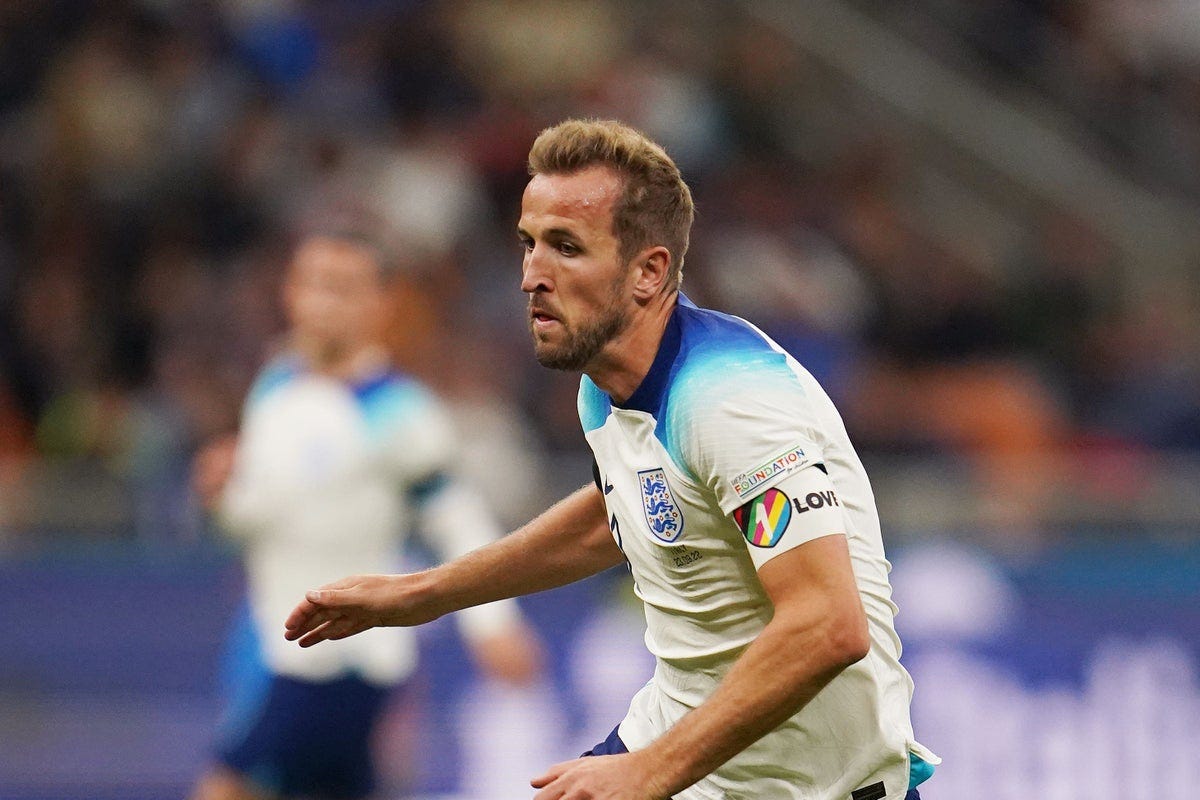Written by Matthew Fischer, co-host of the Backbench Drivers podcast
The FIFA World Cup is the largest event in the world; generating billions in revenue for host nations, sponsors, and the governments. The 2018 World Cup hosted in Russia reached over 3.5 Billion people. The size and scope of the World Cup, and football in general affords an unmatched opportunity to peacefully affect geo-politcs and culture. The World Cup can grant nations, brands and individuals a unique opportunity to garner prestige, legitimacy and influence for themselves.
This effect can be best observed through the influence that multinational energy corporation Gazprom, a Russian majority state-owned energy company, has been able to wield. Gazprom’s campaign has been wildly successful, through sponsorships, stadiums and competitions the company has cemented itself as a household name throughout Europe and contributed greatly to the expansion of Russian energy exports. This influence was only furthered by Russia’s hosting of the 2018 World Cup.
Gulf nation Qatar likely had similar intentions to Russia in choosing to host the 2022 World Cup, hosting the globally renowned event is a great way to legitimise a nation on the global stage and, of course boost Qatar’s energy exports.
Of course, the World Cup and its influence over billions of people is not solely subject to the host nation; several European nations planned to use the event to push the LGBT agenda in the socially traditional Islamic nation, using the ‘One Love’ Campaign. Initiated by the Dutch Football Association, the campaign was swiftly adopted by England, Wales, Belgium, the Netherlands, Switzerland, Germany and Denmark all indicating that they would wear the ‘One Love’ armband to support gay rights.
Subsequently FIFA responded by stating that any player wearing the above-mentioned armband will face disciplinary action and yet, seemingly unperturbed, the players persisted with their activism. Notable examples are England captain Harry Kane’s $1 million dollar rainbow Rolex, the German team posing for the team photo with their mouth covered and the German Interior Minister wearing the outlawed armband.
This type of politicisation of sport is not unique to football or the World Cup, a fact most Australians are all too familiar with. Local examples include the frequent Aboriginal AFL and NRL rounds, gay pride rounds in the AFLW, and the controversial sacking of rugby ‘Wallaby’ player Israel Falau on account of his religious views.
All of these events raise an important question, why is sport such a common venue for political activism? There are many valid answers to this question though i’m sure that, like myself, many readers immediately began thinking of the identifying characteristics of a sports team and its supporters: notably that these people have assembled voluntarily and enthusiastically to achieve a popular, uncontroversial and apolitical goal. Further, especially in the example of the World Cup, a team and its supporters are representatives of a nation, giving those who advertise products and politics through the team a chance to symbolically place their imprint on the given nations identity.
There are other great reasons someone wishing to promote their agenda would use televised sports as their medium. We have extensive documentation that Television has a numbing effect on the brain, placing humans in a more relaxed and inattentive condition. Jerry Mander, an author and advertising expert, documents how television slows down the viewers brainwaves; placing them in a more passive and non-resistant state. It is easy to understand how and why this passivity and non-resistance is desirable to those pushing once-controversial political and social messages. Don’t believe this effect is real? Try talking to someone who watches a lot of tv and count the number of original thoughts they espouse, you won’t need many fingers.
The fellowship of sports has supplanted the natural inclinations of many. Where once stood heroes, statesmen, and nations; now stand athletes, managers and teams. Once figures like St. Louis, St. Joan of Arc and St. Therese of Lisieux would animate and inspire their nations; now figures like Karim Benzema and Kylian Mbappe inhabit that role. This is not a trivial replacement, as national heroes in any time influence cultural norms and acceptable behaviours, the piety, chastity and temperance of Christian saints has given way to the licentiousness promoted by sexual deviants. Where faithfulness to God and the Christian sense of duty to one's nation once elevated the national psyche, now the gratification of one's basest instincts numb the minds of millions. Now, not content with transforming their home countries, our activist sportsmen now seek to throw out the customs, religion and traditions of Qatar, somehow I don’t think lgbt pride will flourish quite so well in the Middle East as the West.





